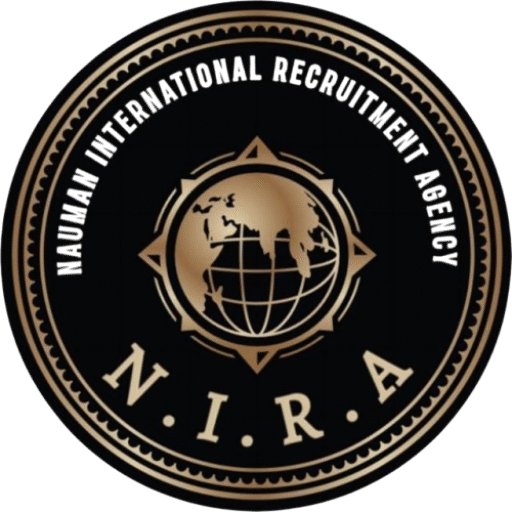18 Mar The Role of Translation in Immigration and Visa Applications.
Translation plays a vital role in immigration and visa applications by ensuring that documents are accurately understood by authorities. As many applicants submit paperwork in their native language, certified translations into the official language of the destination country are often required. These translations help immigration officers assess the applicant’s background, qualifications, and eligibility, reducing the risk of misunderstandings, delays, or rejections. Accurate translations are crucial for compliance with legal requirements and to support the applicant’s case, ensuring smooth processing of the application.
1. Ensuring Accurate Communication

Immigration and visa processes often involve the submission of various documents, including birth certificates, educational credentials, marriage certificates, criminal background checks, medical records, and employment histories. These documents are often in the applicant’s native language. Accurate translation of these documents ensures that immigration officials fully understand the information presented, avoiding misunderstandings or errors that could result in delays or rejections.
2. Legal Requirements
Many countries require that certain documents be translated into the official language(s) of the country to which the applicant is applying. For example, documents submitted for U.S. visa applications must be translated into English. The translation must typically be certified, meaning that the translator attests to the accuracy of the translation, providing a statement that the translation is a true and accurate representation of the original.
3. Facilitating the Review Process
Visa officers or immigration authorities may not speak the applicant’s language. Without accurate translations, the officers might misinterpret the information, leading to incorrect decisions. A proper translation allows authorities to evaluate the applicant’s qualifications and background accurately, such as verifying work experience, educational credentials, and even the details of criminal records.
4. Supporting the Applicant’s Case
In some cases, applicants may need to provide additional documents or evidence to support their visa application, such as affidavits, medical records, or sponsorship letters. A well-translated document can help strengthen the applicant’s case by providing clear, comprehensible information that aligns with immigration laws or visa requirements.
5. Cultural Sensitivity
Translation is not just about converting words from one language to another—it also involves understanding the cultural context behind the document. For example, certain terminology or legal terms may have different meanings in different countries. A professional translator with expertise in immigration-related documents can navigate these differences and ensure that the intended meaning is preserved, even if the phrasing or terminology differs.
6. Ensuring Compliance with Immigration Laws

Failing to provide translations where required or submitting inaccurate translations can lead to the rejection of an application. Inaccurate translations could also result in legal complications or even suspicion of fraud. Therefore, translators who specialize in immigration cases must adhere to high standards to ensure compliance with the country’s specific immigration laws and requirements.
7. Avoiding Delays and Denials
Inaccurate or incomplete translations can cause delays in processing an application. Immigration officers may request additional information or clarification if they cannot understand the original documents. This not only extends the processing time but may also increase the chances of an application being denied. Timely and accurate translations help prevent these issues.
8. Special Considerations for Different Types of Visas
Different visa categories (e.g., student visas, work visas, family reunification visas) may require specific types of documents to be translated. Translators must be familiar with the particular documentation required for each visa type and ensure that all documents, including legal documents, personal identification papers, and academic records, are properly translated and formatted.


No Comments